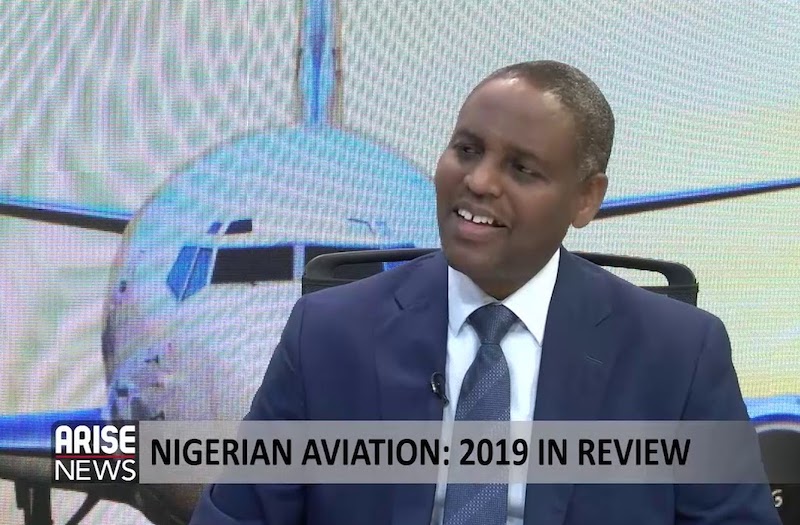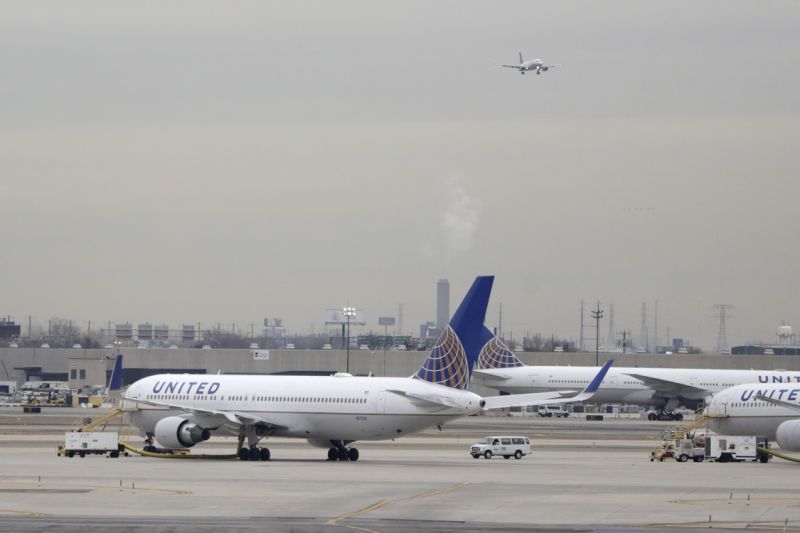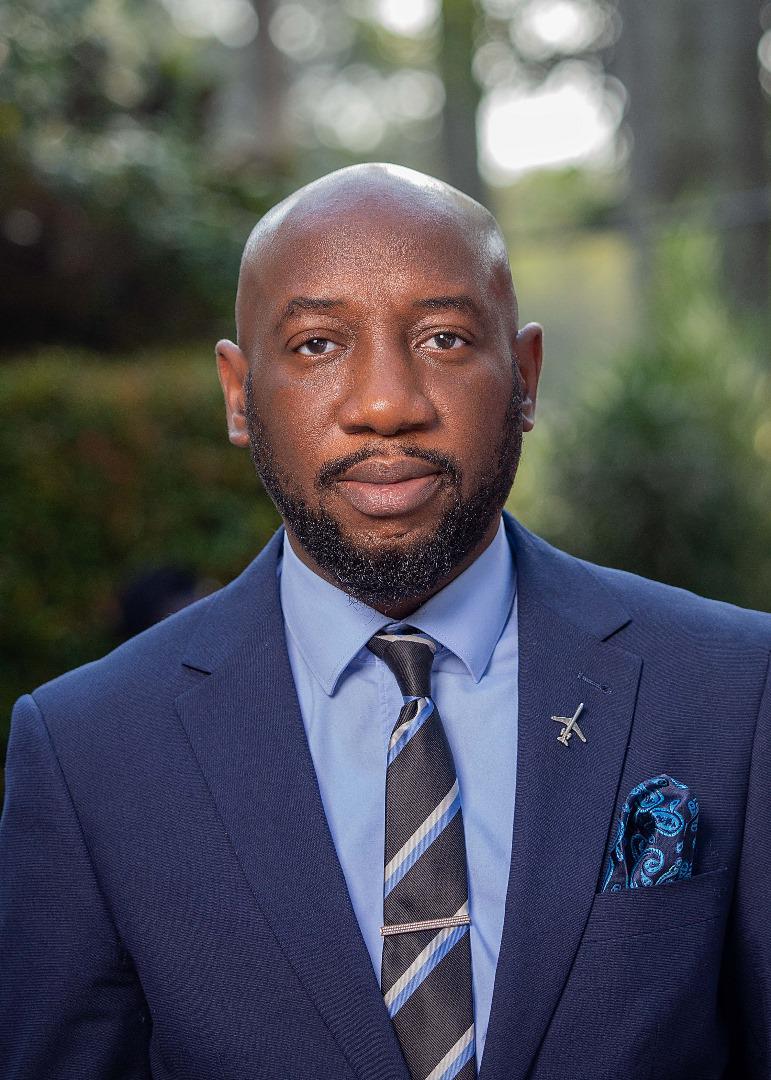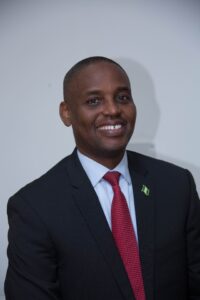
Nigeria will continue to experience high cost of flight ticket for a long time due to inadequate supply of aircraft, coupled with increasing growth of air travellers, the Managing Director and CEO of Aero Contractors, Captain Ado Sanusi has said.
In an exclusive interview with THISDAY, Sanusi said shrinking fleet among Nigerian operators was a reflection of paucity of aircraft globally, especially small body aircraft for short haul flights.
Sanusi said the International Air Transport Association (IATA) has projected high passenger growth in Africa, but aircraft manufacturers such as Boeing and Airbus have confirmed a shortfall of aircraft requirement, a development experts said will impact on airfares.
Experts have also opined that high exchange rate, inadequate aircraft supply and inflation will continue to drive up the fares, warning that this will eventually lead to reduction of people who travel by air because they cannot afford it.
“For me, I believe in organic growth of the market. And IATA said that there will be growth throughout Africa. Nigeria is part of that growth. The growth IATA is talking about is the passenger growth. They are not talking about growth of aircraft. Now, Boeing and Airbus have already said there is a shortfall of aircraft requirement, especially single aisle aircraft, which are Boeing B737 and the A320s. Even the leasing company have said yes, they agree there is a shortage of those aircraft globally. So now, if you break it down to Nigeria or to West Africa or to even Africa, you have a growth of passengers. So, there is demand, we want to fly, Nigerians want to fly.
“And then you have a shrinking aircraft size where the single aisle, the Boeing 737 and the A320 families are going down by the manufacturers and also the lessors. The people that lease the aircraft out. Then what it means is that there will be one: increase in price fares. Two: there will be fares competition. And three: the market will be so volatile,” he said.
Sanusi explained that airlines would be jostling to acquire aircraft by leasing or outright purchase.
Currently airworthy aircraft owned by Nigerian airlines hovers around 70 but operators are making efforts to acquire more.
Recently, United Nigeria Airlines announced that it was in the process of acquiring six Boeing 737-800 aircraft from Southwest Airlines while Air Peace said its Embraer E195-E2 and Embraer E170 new aircraft would be delivered soon. Other airlines are also making efforts to acquire more, including Aero Contractors, Overland Airways and Ibom Air.
Despite these efforts, Sanusi said Nigeria remained 10 years behind in terms of aviation development, highlighting challenges ahead in terms of passenger growth, modern airport infrastructure and aircraft acquisition.
He further explained that due to paucity of aircraft, airlines all over the world would be struggling to secure aircraft from manufacturers and lessors.
“All airlines will be there trying to grab what they can get. Then we will not serve the thirsty market of the growing demand. And so, definitely, the airlines will be trying to meet the demand, increasing the prices, trying to meet the demand. While the leasing companies will try and lease the aircraft, of course, they don’t have it. The manufacturing companies will try to manufacture more airplanes and bring them into the market. But how does it affect the Nigerian market? That is the most important. What I see is, because we are not strategic in our thinking, we are not strategic in our response to global threats, the situation is that we are almost 10 years behind. So, you will not feel anything apart from the price increase,” Sanusi explained.
In said that because Nigeria did not pre-empt the envisaged growth and project long term plans in the last 10 years, the country is behind other nations who planned ahead of the passenger growth in expanding airport infrastructure, engaged in training technical personnel and are prepared to benefit from it.
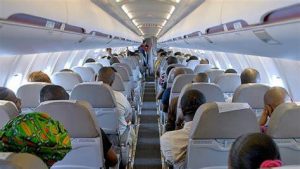
“If we look at the growth in the market, we are10 years behind in terms availability of aircraft and response to market demand. We are way behind. Because apart from one or two airlines, I don’t think other airlines are buying brand new airplanes. Air Peace and maybe Overland Airways are the only ones that are buying brand new airplanes. And if you are not ordering brand new airplanes, then you are not up to date with the realities of the market forces. So, the reality is that there is shortfall of aircraft supply and the increase in passenger demand and, therefore, airfares are going up,” Sanusi further said.
The consequence of this, Sanusi observed, was that on the domestic routes, some airports would not be served because airlines have predictable lucrative routes; “so, they will supply those routes to generate their revenue and sustain their operations.”
“In terms of airports, in the aviation ecosystem, Nigeria is peculiar, because we have some specific airports that are doing very well. And the passenger traffic is predictable all the time. So, changing the dynamics might be a bit of a challenge. But I don’t think anything is impossible if you want to change the dynamics. So, you can actually change the dynamics. But, as you said, airports are critical in the growth of the aviation industry. And if we do not change the dynamics of what we have we will remain behind,” Sanusi further stated.
He welcomed the efforts of the federal government and the Minister of Aviation and Aerospace Development, Festus Keyamo, in the expansion and modernisation of the Lagos airport and expressed hope that initiative would be extended to other airports to prepare them for the surging passenger growth in the near future.


